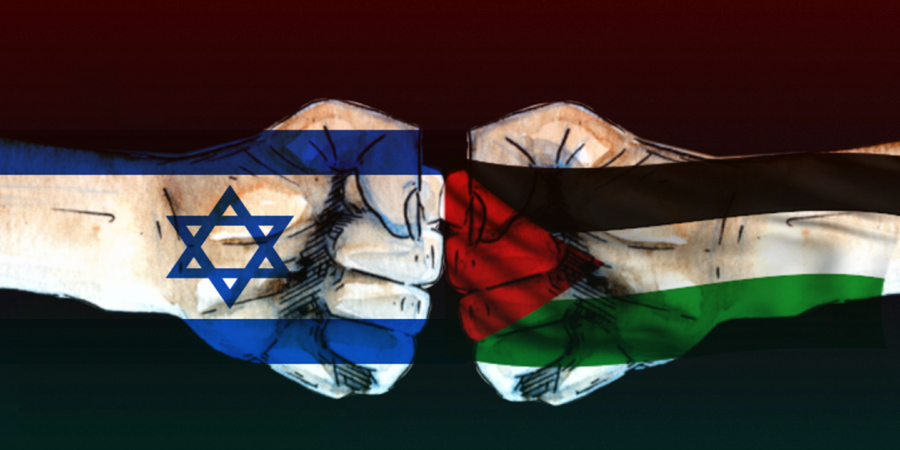The ongoing clashes between Israel and Palestine have impacts that echo far beyond the Middle East. In Southern Africa, the conflict resonates deeply due to the region’s history of colonialism and apartheid.
Southern African nations have been vocal supporters of Palestine and critics of Israel’s treatment of Palestinians. This stems partly from perceptions of shared experiences fighting oppressive regimes. Just as South Africans protested against apartheid, many in the region strongly back Palestinian statehood and condemn Israel’s conduct in occupied territories.
These stances have led to growing tensions between Southern African countries and Israel. In 2021, Israel labelled the African Union Commission chair as a terrorist sympathizer after he criticized Israeli attacks on Gaza. Such frictions strain diplomatic relations and limit economic and strategic cooperation.
Yet Southern African governments walk a fine line, aiming to support Palestine’s cause while maintaining beneficial ties with major aid donors and investors like the U.S. and E.U. who hold sway over Israel. Excessive Israel criticism risks economic blowback.
Beyond government backlash, the conflict also triggers problems locally. It can heighten ethno-religious divides and has sparked a rise in anti-Semitic incidents across the region. Tensions flare over issues like the South Africa-Israel dual citizenship agreement.
Ongoing violence and the failure of peace talks sustain widespread anger at Israel’s policies. But this frustration finds limited constructive outlets regionally. Instead, leaders’ resort to rhetorical condemnations that yield few real benefits for Palestinians.
The plight of Palestinians resonates deeply with marginalized groups in Southern Africa. Yet, converting concern into impact remains an uphill challenge. Absent diplomatic breakthroughs, the conflict’s reverberations across the region will persist.
